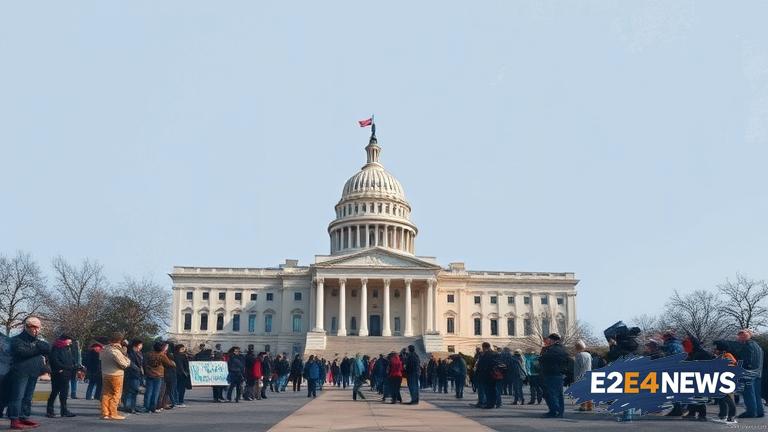A recent ruling by a federal judge has prohibited US Immigration and Customs Enforcement (ICE) from detaining individuals based solely on their race. The decision, which was made in response to a lawsuit filed by the American Civil Liberties Union (ACLU), found that ICE’s practice of relying on race as a factor in determining who to detain was unconstitutional. The Trump administration has announced plans to appeal the ruling, arguing that it will hinder the agency’s ability to effectively enforce immigration laws. The lawsuit was filed on behalf of a group of individuals who claimed they were detained by ICE solely because of their race. The judge’s ruling applies to all ICE field offices across the country, and prohibits the agency from using race as a factor in determining who to detain. The ACLU has hailed the decision as a major victory for civil rights, arguing that it will help to prevent racial profiling and discrimination. The Trump administration, on the other hand, has argued that the ruling will make it more difficult for ICE to identify and detain individuals who pose a threat to national security. The case has sparked a heated debate about the use of race in law enforcement, with some arguing that it is a necessary tool for identifying potential threats, while others argue that it is a form of discrimination. The ruling is the latest in a series of decisions that have limited the Trump administration’s ability to enforce its immigration policies. In recent months, federal judges have blocked several of the administration’s initiatives, including a plan to add a citizenship question to the US census and a policy that would have allowed ICE to detain migrant families indefinitely. The Trump administration has vowed to continue fighting for its immigration policies, despite the setbacks. The case is likely to have significant implications for the future of immigration enforcement in the US, and could potentially be appealed all the way to the Supreme Court. The use of race in law enforcement has long been a contentious issue, with many arguing that it is a form of discrimination that can lead to unfair treatment of certain groups. The ruling is a major victory for civil rights groups, who have been fighting against the use of race in law enforcement for years. The decision is also likely to have significant implications for the Trump administration’s immigration policies, which have been widely criticized for being overly broad and discriminatory. The case has sparked a national conversation about the use of race in law enforcement, and the need for greater oversight and accountability. The ruling is a reminder that the US justice system is designed to protect the rights of all individuals, regardless of their race or ethnicity. The Trump administration’s decision to appeal the ruling is likely to be widely criticized, and could potentially damage the administration’s reputation on civil rights issues. The case is a major test of the Trump administration’s commitment to upholding the Constitution and protecting the rights of all individuals.
